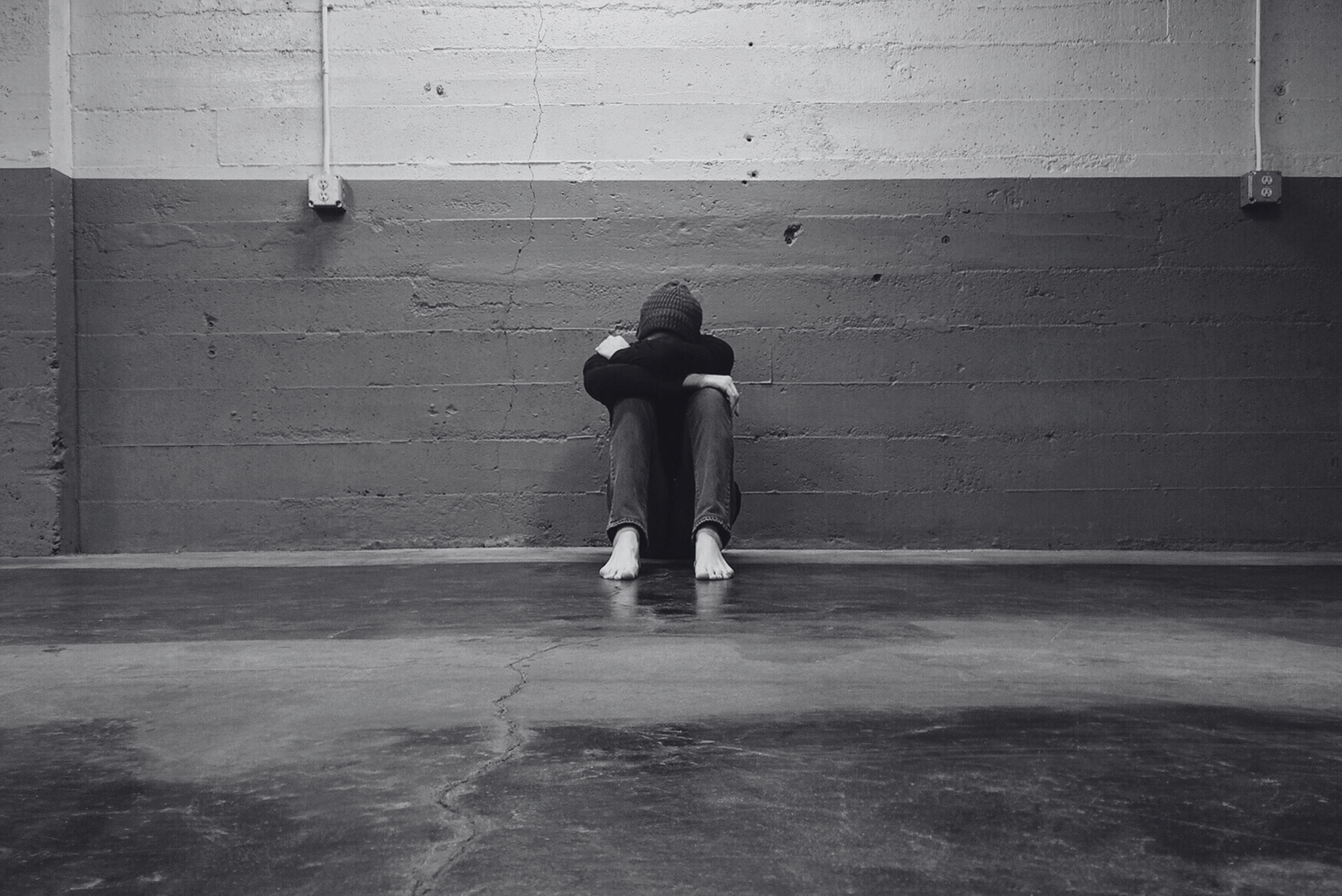

campaign to challenge blame
campaign to challenge blame
A resource for parent-carers of AUTISTIC children who are receiving blame instead of support...
What is Parental Blame?
It is a phenomena that actively places the blame for a person’s disability presentation back with the disabled person or their family. It is linked with the medical model of disability which seeks to ‘cure’ or ‘manage’ a person’s disability rather than break down societal barriers to inclusion.
Due to the ‘hidden’ nature of autism, autistic people and their families can be susceptible to receiving blame instead of support. Services and (some) professionals can seek to blame parents for their child’s autistic presentation, rather than provide access to basic services such as education and health care.
Professional guidance and protocol is often written in a way which views autistic presentations as cause for safeguarding concern. Professionals who do not have sufficient knowledge and understanding of autistic people can misidentify autistic communication and lifestyle preference as indicators of abuse, leading to families and children being subjected to serious safeguarding interventions.
Many autistic children, and their families, suffer extreme levels of trauma following incidents of parent-carer blame.
The phenomena leads to autistic people not receiving what is rightfully theirs in terms of equal access to support services - the impact of which can last a lifetime.

‘88% of parent-carers had experienced ‘blame’ when accessing support for their autistic children.’
(‘Parental Blame and the PDA Profile of Autism’ (2023) Running, A and Jata-Hall, D.)
Parent-Carer Voices
In 2023, parent-carers of autistic children with a PDA profile were asked about their experiences of receiving blame whilst navigating systems of support ...
Parent-carers consistently reported being told by professionals that they were at fault for their child’s autistic presentation.
Lone mothers and autistic mothers were disproportinately subjected to erroneous safeguarding allegations.

“Dealing with the SEND team has broken us. All we want is provision which meets our child’s needs but we are treated as though everything is abuse.”
“They say they are working with parents but they are not. They are judging the parents and trying to find fault.”
‘Parental Blame and the PDA Profile of Autism’ (2023) Running, A and Jata-Hall, D.
‘Blame’ can present in many ways and with varying levels of severity. Professionals may claim that a child is ‘fine’ and does not present with any difficulties or differences, effectively ‘gaslighting’ the lived-experience of autistic children and their carers.
Professionals may state that a parent-carer is responsible for their child’s autistic presentation due to the way in which they parent, or due to some aspect of their lifestyle or personal circumstances.
In some circumstances, parent-carers are subjected to serious safeguarding interventions due to the mistaken belief that a child’s autistic presentation is caused by harm or neglect on part of the parent-carers. This can occur when an autistic child is not receiving appropriate mental health or educational support from relevant services.
Some families find that they are accused of PERMISSIVE PARENTING, OVER-PROTECTION, PSEUDO-COMPLIANCE and / or FABRICATING or INDUCING (FII) their child’s disability presentation. These are serious allegations and families of autistic children can find themselves at risk of losing their children to the care of the local authority through no fault of their own.
.
Safeguarding protocol and guidance is written in a way that adversely and disproportionately affects parent-carers of autistic children. Guidance for the recognition of Fabricated and Induced Illness (a term which addresses the rare circumstance whereby a parent deliberately causes or exaggerates a child’s condition) is particularly problematic, leading to many innocent families being falsely accused.
‘Parental Blame and the PDA Profile of Autism’ (2023) found that professionals working with autistic families ‘profiled’ parent-carers - lone mothers, neurodivergent mothers and less affluent parents were more susceptible to being blamed instead of supported.
Qualitative data from the aforementioned study suggests that ‘blame’ occurs in lieu of specialist autism support. Some families find that when they approach services for the disability support their child is entitled to, they are threatened with, or subjected to, safeguarding referrals. This could suggest that by blaming parent-carers, services are regulating access to limited funding and service support.

The effect of blaming parent-carers for their child’s disability presentation is severe.
Autistic children miss out on the right support and can become traumatised by unnecessary and overly robust, professional intervention.
“Lack of early intervention and no action to support, led my child to have three complete breakdowns over a two-year period.”
“The forceful nature of what social care services did to my child left her distrustful, having physical symptoms of anxiety and more social communication problems when engaging with services.”
“My son is scared someone will take him away. He has tried suicide at [age] seven.”
‘Parental Blame and the PDA Profile of Autism’ (2023) Running, A and Jata-Hall, D.
Read more...
Parental Blame and the PDA Profile of Autism - Running, A and Jata-Hall, D
Institutionalising Parent-Carer Blame - Clements, L and Aiello, A
Fabricated or Induced Illness (FII) Report - Clements, L and Aiello, A
Perplexing Presentations - Benson, K J
Autism Missed and Mis-Diagnosed - Eaton,J
Signposting...

Awareness Raising...
“I'm pleased to say that this research (on parental blame and pathological demand avoidance) has already been shared with our clinical advisory group.” Deputy Minister for Social Services, Julie Morgan. (Welsh Assembly)
What Can Be Done?
Key themes as identified by parent-carers:
- There is an identified mismatch between the knowledge and understanding of autism held by the autistic community and professional / service thinking. This needs to be addressed via training and combating professional bias (family profiling).
- There must be a service-led recognition of the harm caused by parent-carer blame (including the practice of making false allegations against parent-carers). This needs to be addressed via a transparent system of accountability and the use of restorative justice practices.
- Greater advocacy support and access to legal resources (free at point of use) would assist with achieving professional and service accountability.
- A national framework for healing should be established (free at point of use) for families to address trauma-related issues caused by interaction with services.
*Information collated as part of 2023 study Parental Blame and the PDA Profile of Autism (Running and Jata-Hall), and respondents to the social media pages of Alice Running.
Contact Your MP
Dear [NAME OF MP]
I am a constituent of yours and am writing to share how greatly affected my family and I have been by our experiences of navigating autism support-based services in [ADD LOCATION].
My child(ren) is / are autistic and I have been attempting to secure the right support for him / her / them for X number of years / months.
Instead of receiving support however, my family has been blamed for our child(ren)’s autistic presentation.
This has resulted in my child(ren) not receiving the correct support and / or access to suitable education. [Detail any additional personal experience you feel comfortable with sharing.]
My family is not unique in experiencing this. A recent study has shown that 88% of parent-carers to autistic children have experienced blame whilst navigating SEND services. 11% of surveyed parent-carers had been wrongly subjected to safeguarding interventions on account of their child’s autistic presentation - lone mothers and neurodivergent parents were found to be disproportionately affected by this.
Further findings from this survey can be accessed via: https://www.pdasociety.org.uk/resources/parental-blame-and-the-pda-profile-of-autism/
I am asking that you raise this very serious issue publicly within Parliament, through an urgent debate to discuss what can be done to prevent further families and children being harmed in such a way.
Yours Sincerely,
[Your Name]
